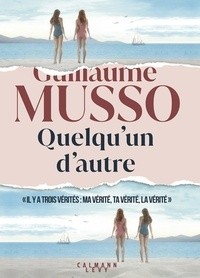En cours de chargement...
IT. Il testo intende esaminare lo stato di "frammentazione" dell'Io nell'Europa dei primi del Novecento, in particolare nella Vienna fin de siècle, allargando il discorso anche a un autore di maggior respiro per l'ampiezza dei suoi spostamenti come Rainer Maria Rilke. Come simbolo della "parte" che sostituisce l'armoniosa integrità, è stata scelta la manoche compare in modo vistoso in alcune opere di Leo Perutz, autore trascurato ma molto significativo di Vienna e di Praga, il già citato Rilke e, facendo una necessaria incursione - a mio giudizio imprescindibile -nell'ambito delle arti, i due allievi di Klimt: Kokoschka e Schiele, che, non casualmente, porranno in primo piano proprio "mani parlanti", raccontando con il segno e il colore la fine della figura tradizionale e lostravolgimento di un corpo "smascherato".
In ognuno di questi autori ed artisti, la mano, autonoma, ribelle, a volte però pervasa da un'insopprimibile nostalgia dell'intero, sembra esprimere, quasi "gridare", la frattura dolorosa dell'epoca: la fine del "tutto" e la deflagrazione delle parti - immagine non a caso evocata anche per la fine dell'Imperoaustro-ungarico e quindi per lo scoppio delle guerre mondiali. EN. This text aims to examine the fragmentation of the self in early 20thcentury Europe, particularly in Fin-de-siècle Vienna, and focusesupon a writer of great significance for the extent of his travels: Rainer Maria Rilke.
The hand, which is often central in the works of Leo Perutz, an undervalued but noteworthy writer who lived in Viennaand Prague, is seen as a symbol of the "part" that replaces a harmonious whole. Besides Rilke, the analysis touches on the arts through two of Klimt's students, Kokoschka and Schiele, who give pride ofplace to "speaking hands" in their works. In their paintings, the traditional representation of the human body shatters, and the body itself is unmasked and sometimes fragmented.
With each of thesewriters and artists, the hand becomes autonomous, at times rebellious, all the while expressing a deep nostalgia for a whole that is being irredeemably lost. Furthermore, in this context, the hand can be said to be evocative of the decline and fall of the Austro-HungarianEmpire, as well as of the start of the two World Wars.




